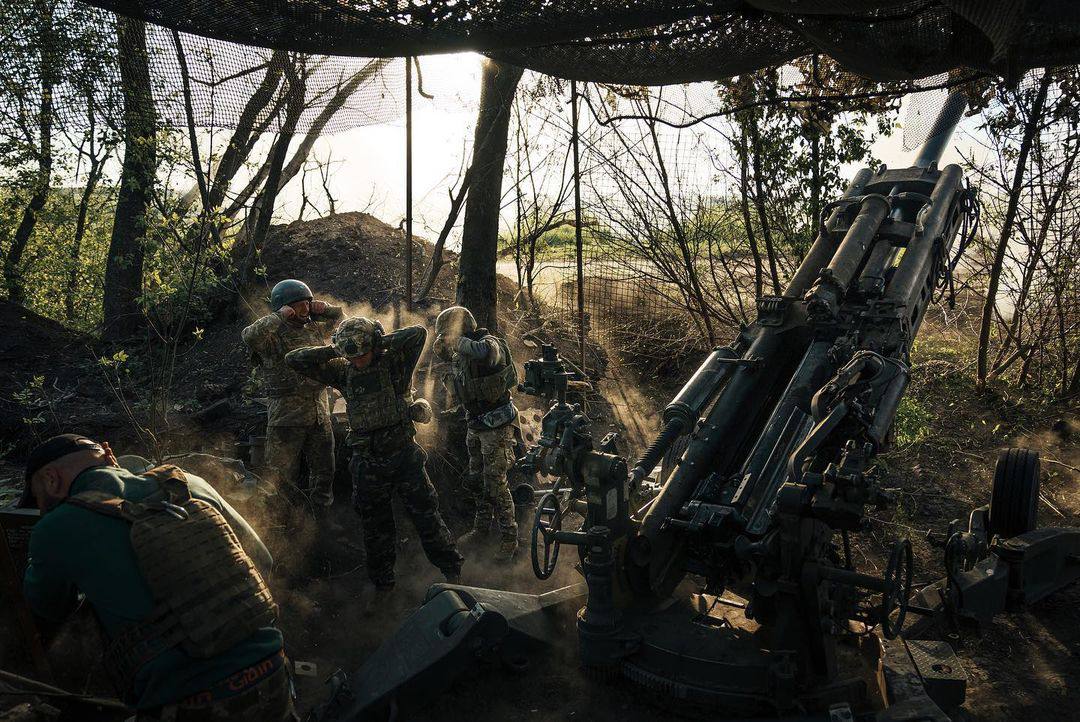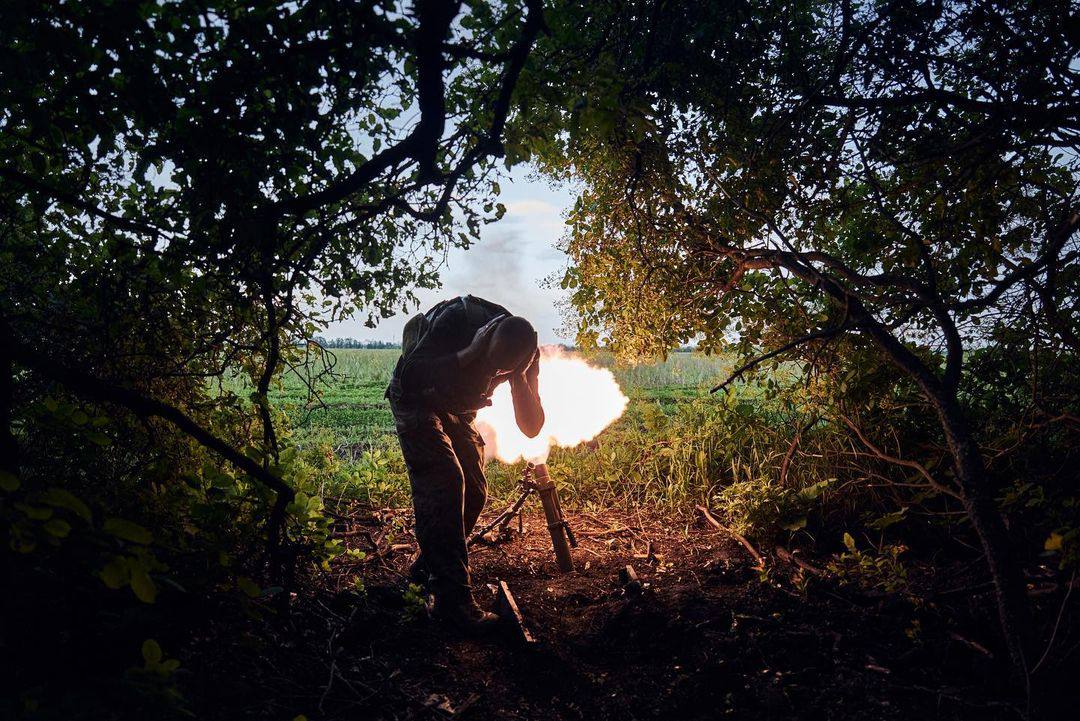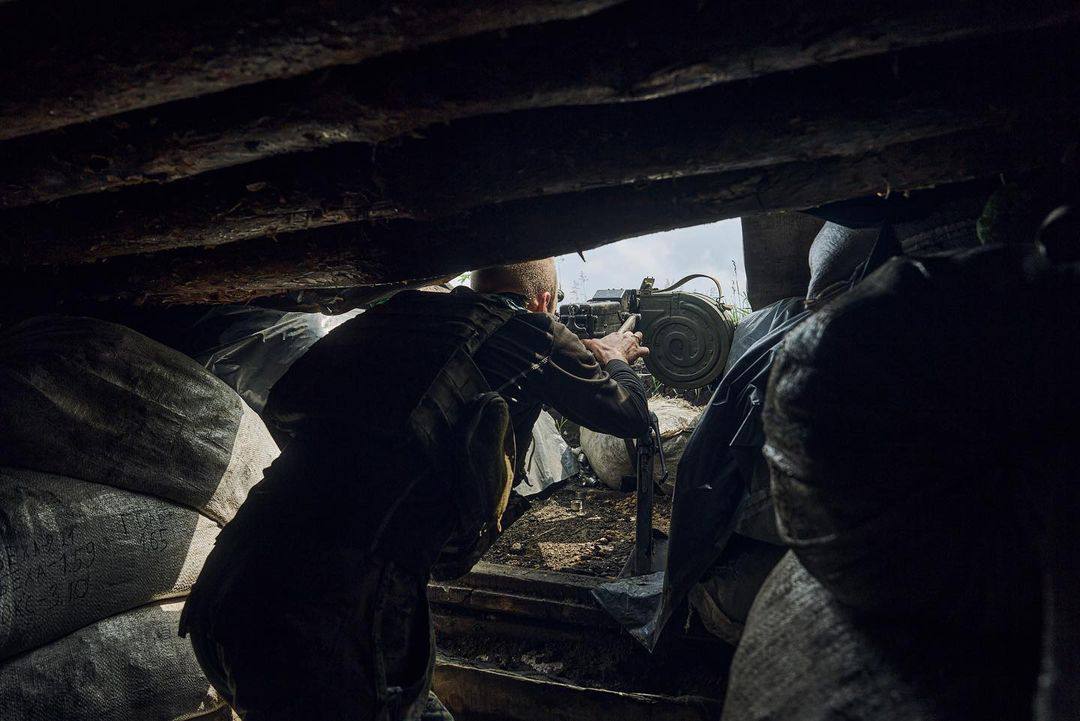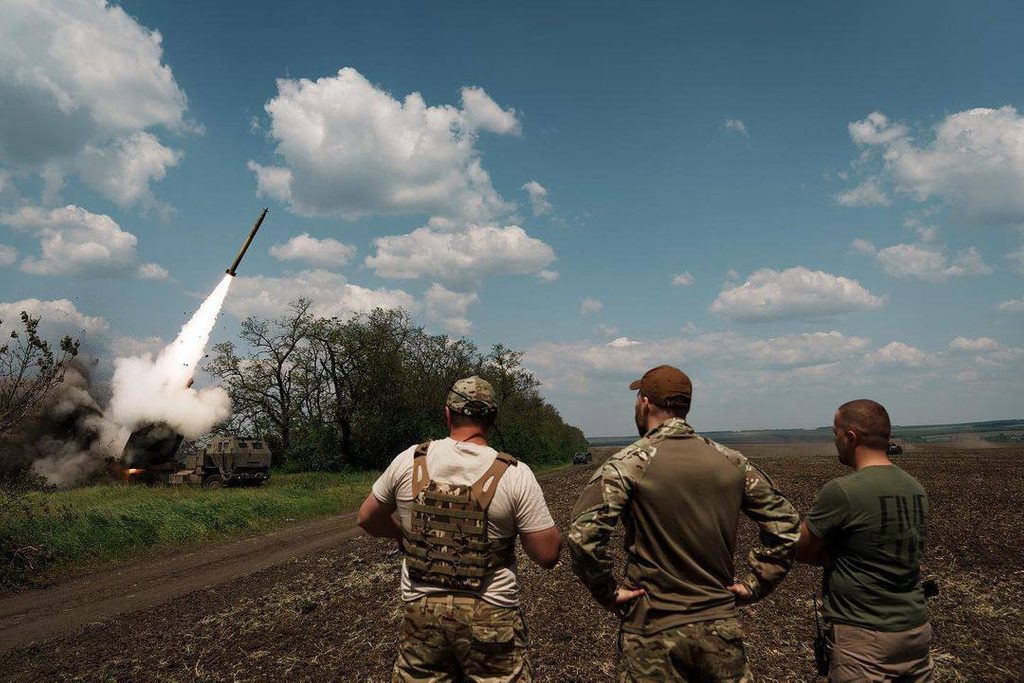Ukraine’s counteroffensive against Russian forces is officially underway, according to Russian President Vladimir Putin. Ukrainian forces have launched attacks along its frontline with Russian occupying forces, probing their defences.
In a comment shared with The Brussels Times, Lt. Stephen Twitty, former Deputy Commander of US European Command, said that Ukraine’s late spring offensive was now firmly underway.
“Frontline troops are in contact. This is Ukrainian reconnaissance forces trying to find vulnerabilities in the Russian defence so that the Ukrainian army can exploit and attack through those locations,” Twitty explained.

Credit: Credit: Serhii Mykhalchuk/ Joint Forces Command of the Armed Forces of Ukraine
According to initial reports, Ukrainian probing attacks have enjoyed success and failure in equal measure. Talking with the BBC, chairman of the Ukrainian Security and Cooperation Centre, Serhii Kuzan, said that some attacks had been successful with “small losses”, where in other areas Ukrainian troops were repelled by strong resistance.
Ukraine's counteroffensive is primarily focused around the Russian-occupied Zaporizhzhia oblast. Despite liberating the regional capital of neighbouring Kherson last November, Russian forces still control large swathes of southern Ukraine.

Credit: Credit: Serhii Mykhalchuk/ Joint Forces Command of the Armed Forces of Ukraine
Radio silence
Ukraine has largely remained quiet about its objectives and preparations for its upcoming offensive in a bid to keep the Russians guessing. Most of the sources relating to the attack come from Russia. Despite this, experts believe that Ukraine’s offensive will attempt to seize the city of Tokmak, in an attempt to cut off Russian occupiers in the south.
“The Ukrainian government has gone quiet and is making very few comments to prevent alerting the Russians to its strategy,” Twitty said. “From a propaganda strongpoint, Russia is trying to spin the narratives that they are winning. If they can control the narrative on the counteroffensive fight, they will likely reassure the Russian population and their troops that victory is achievable.”
Fighting in the region has been significantly harder due to Russia’s suspected destruction of the dam at Nova Kakhovka, and the subsequent flooding, which has now submerged around 600 square kilometres of territory on both sides of the Dnipro river. This prevents Ukrainian forces from attacking over the river in many areas of the frontline.
Ukrainian forces previously crossed the Dnipro river at Olesky in late April and Russian forces are attempting to prevent Ukrainian forces from finding any future crossing points. Before any assault, Ukraine must first work to soften up Russian forces for the main attack, Twitty explains.

Credit: Credit: Serhii Mykhalchuk/ Joint Forces Command of the Armed Forces of Ukraine
“Ukraine is trying to destroy Russia supply lines, artillery, and command centres with their drones, artillery, and long-range fires to disrupt Russia’s logistics, communications, and Russia’s ability to fire on Ukrainian forces during an attack,” the former general said.
Crucial phase of the war
One of the key forces in the current assault, Twitty anticipates, is the newly formed 47th Brigade, which was recently sent for training in Germany and armed with some of the best Western equipment. Russia says that this unit is now actively engaged in the fiercest fighting.
Related News
- 'A war crime': Russia accused of blowing up major Ukrainian dam
- Belgium to investigate how its weapons ended up with anti-Putin militia
Success in this offensive, he warns, may be difficult to measure during the initial stages of the assault. “If Ukraine is able to break through Russia’s elaborate defences, defeat Russia’s dug-in forces, and hold the terrain they’ve captured, success will be met,” he said.
To support the Ukrainian counteroffensive, the retired general said that it was important that Ukraine counter Russia’s narratives about a failed offensive in order to “keep Western capitals and NATO on their side.” This offensive is likely to be crucial in securing future military aid from the West.
“In my view, Western support will begin to wane if the Ukrainians do not meet at least menial success between now and the end of the year,” Twitty warned. “If there’s no success, look for some Western capitals to start talking about a negotiated settlement.”

